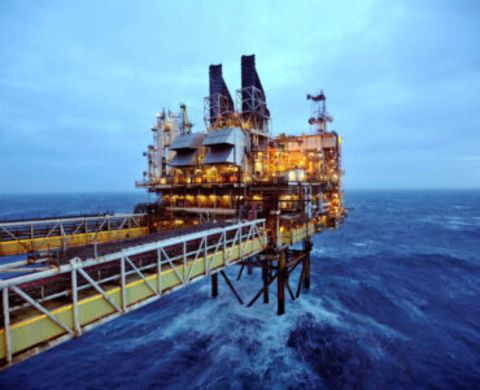Communication - Presse
Pouyanné Sees “Positive Progress” But no Timetable for Resumption of Cabo Delgado LNG Project

TotalEnergies chairman Patrick Pouyanné acknowledged on Friday 17 May in Kigali “positive progress” towards the resumption of the French multinational’s mega natural gas project in Mozambique’s Cabo Delgado province, but did not commit to any deadlines.
‘We’re working on it, and it’s better to work like this, it’s gradual,’ said Patrick Pouyanné, questioned by journalists in Rwanda after a meeting with Mozambican President Filipe Nyusi, in which the status of TotalEnergies’ 20 billion dollar (around 18.6 billion euros) project was analysed, as well as security in Cabo Delgado, given the insurgent attacks that continue to take place.
‘We discussed the conditions for resuming the project in Cabo Delgado. I believe we have made positive progress with all the contractors and from that point of view we are ready to resume. We are also working with all the financiers to resume financing the project, and it is progressing well,’ he added.
Patrick Pouyanné said that he had discussed with Filipe Nyusi, who is visiting the Rwandan capital, the ‘security situation’ and ‘the progress that has been made, particularly in the north of Cabo Delgado’, guaranteeing that the French oil company is ‘working on Palma’, although without clarifying whether the definitive resumption of the project could happen this year.
‘It shouldn’t be like this. It should be step by step and when all the things are in place, we’ll communicate,’ he said.
TotalEnergies is in the process of building a power station near Palma to produce and export natural gas, a megaproject that has been suspended since 2021 due to the terrorist attacks.
‘We think the situation in northern Cabo Delgado is well under control. Life in Palma has returned to normal. We’re a little worried about what’s happening in the south of Cabo Delgado, there were some incidents in Macomia recently (…) We’re sharing information to put the best possible options in place,’ he concluded.
The Mozambican President said on 2 May in Maputo that it was essential to resume natural gas megaprojects given the ‘promising stability’ in Cabo Delgado, the scene of terrorist attacks, saying that financial decisions cannot be argued at this stage.
‘This is fundamental because financial decisions cannot now be a problem associated with the terrorist situation. This project already existed, it’s old. That means there was clarity in its execution. It can’t run aground for this reason, let’s look for others,’ criticised Filipe Nyusi, at the opening of the 10th edition of the Mozambique Mining and Energy Conference and Exhibition.
Specifically, he called on the concessionaires of Area 1, led by TotalEnergies, to ‘accelerate the development of the resumption of onshore projects’ in view of the ‘gradual promising stability’ on the Afungi peninsula, in the Palma district.
Speaking at the conference, the head of state said that the ‘delay’ in realising this type of project ‘causes problems’, because the ‘expectations of the countries are enormous’ and ‘people think that part of their problem may have been solved’.
‘Great efforts have been made by Mozambicans, by the Defence and Security Forces, by our friends and sister countries to stabilise [Cabo Delgado], putting the country in a better or identical situation to the countries where the [terrorist] conflicts occur. So the stability argument often doesn’t stick. And the delay in itself causes this impatience,’ said Nyusi, insisting on the need to “speed up these projects”.
Patrick Pouyanné said last February, when presenting the oil company’s results, that he hoped to restart construction work and onshore natural gas exploration by the end of the year, guaranteeing to monitor the situation on the ground constantly: ‘What I don’t want to happen is to decide to bring people back and then have to force them to leave again, that would be very complex.’
Mozambique has three development projects approved to exploit the natural gas reserves in the Rovuma basin, classified as one of the largest in the world, off the coast of Cabo Delgado.


